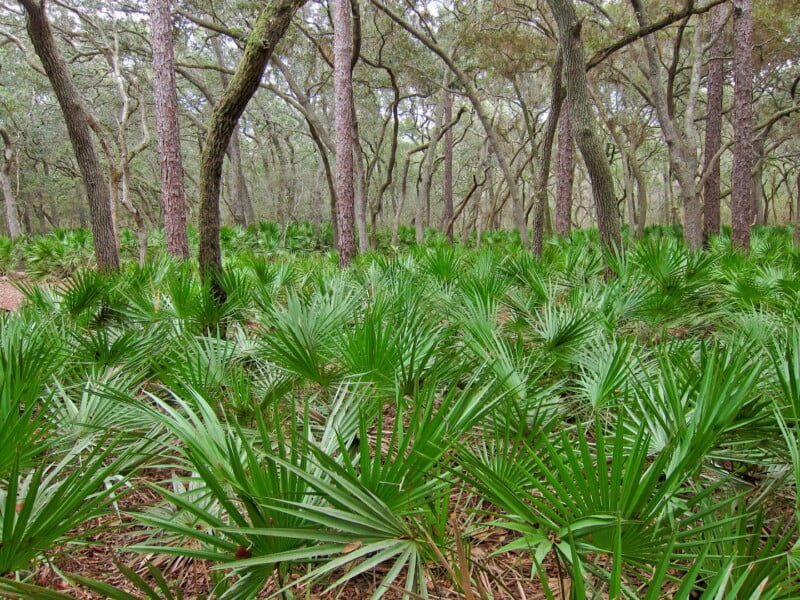Importance to Wildlife
Beyond its significance as a host plant, Saw Palmetto is a fundamental food source for a variety of wildlife. Most notably, the black bear relies heavily on the berries, particularly in the fall months as they fatten up for winter. The fatty, calorie-rich berries are a staple in their diet, and in areas densely populated with Saw Palmetto, the health and survival of the black bear population can be directly linked to the availability of these berries.
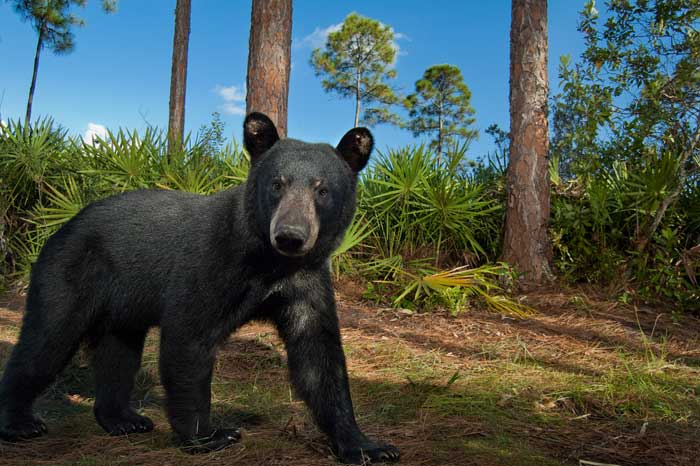
Conservation Status
While Saw Palmetto is not currently listed as endangered, its habitat faces threats from urban development, agriculture, and other anthropogenic disturbances. Loss of habitat can lead to a reduction in the availability of Saw Palmetto, impacting the myriad of species that rely on it.

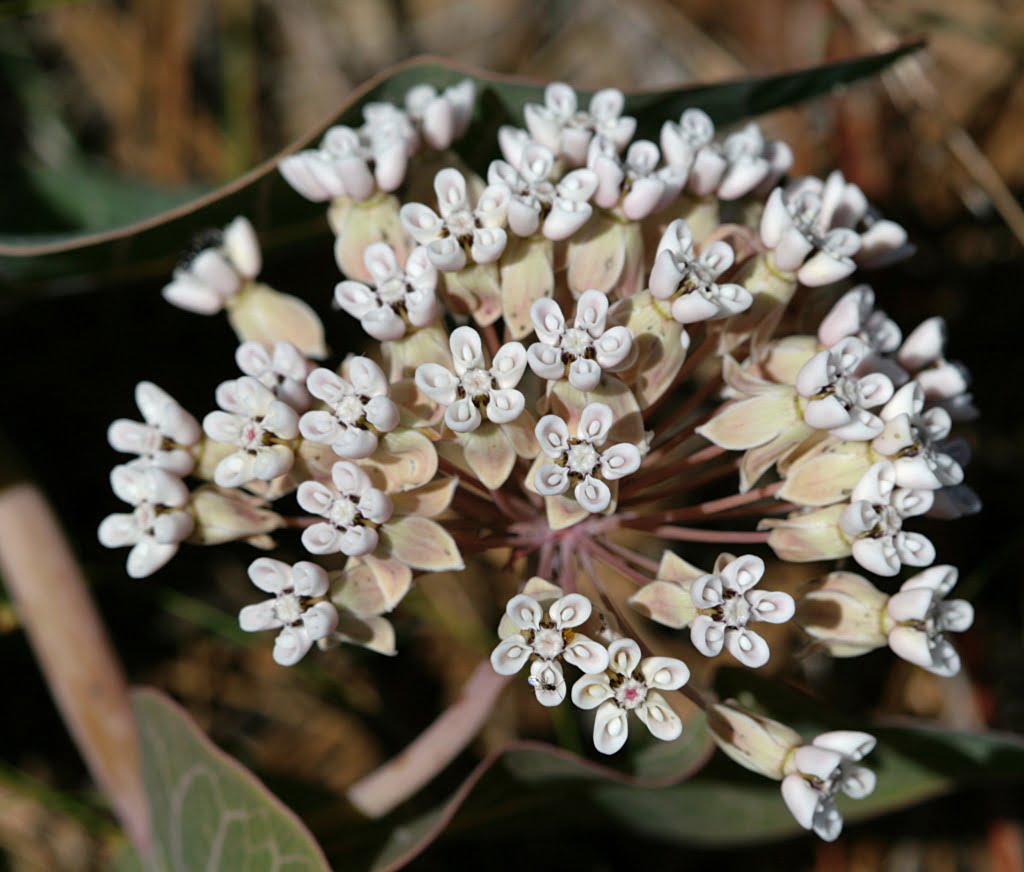
20 Florida-Native Sandhill Milkweed Seeds Ascslepias Humistrata Pinewood Milkweed
With Johnny Butterflyseed’s Sandhill Milkweed seeds, you’re not just planting flowers; you’re cultivating a living mosaic of nature’s marvels. Florida Native.
Importance to Native Americans
Native American tribes, especially those in the southeastern US, have long recognized the value of Saw Palmetto. Beyond its medicinal use, the plant has been used for food and materials. The berries were eaten fresh, and the leaves were used in basketry and as thatching for dwellings. Its robust root system was sometimes used as a natural remedy for various ailments, showcasing the plant’s diverse utility.
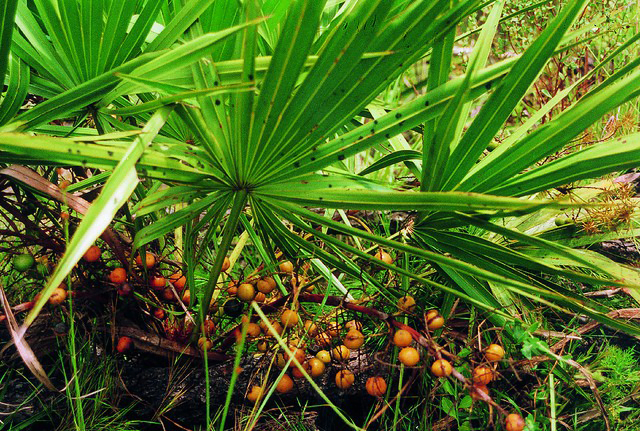
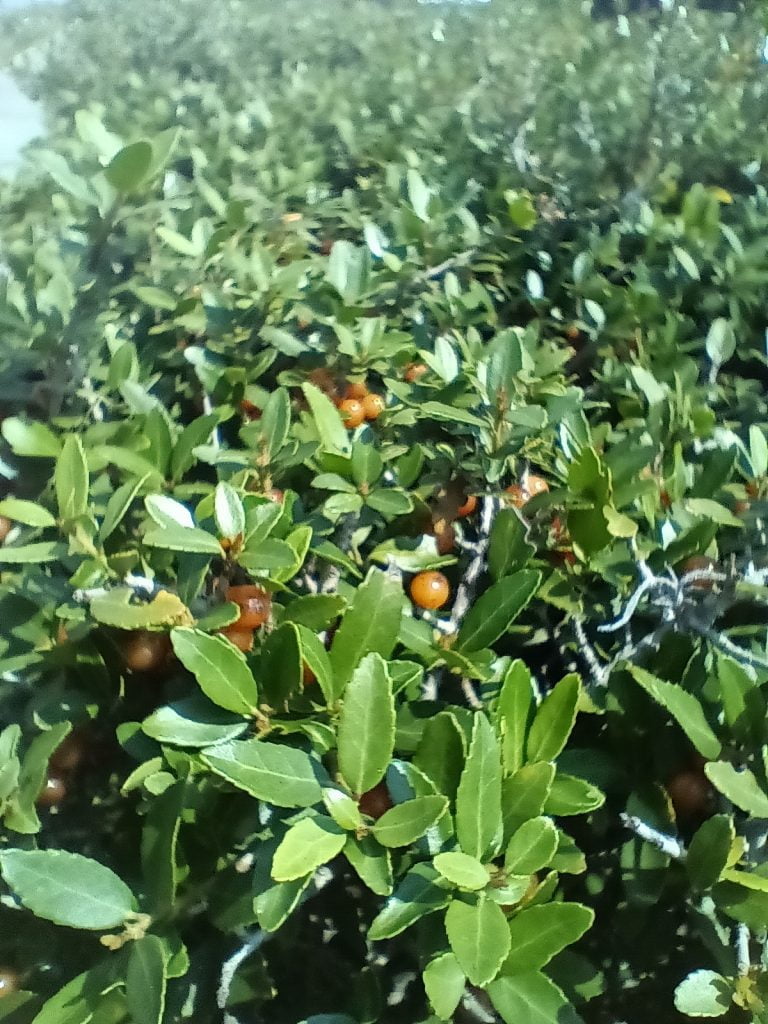
20 Florida-Native “Black Drink Holly” Seeds (Ilex nigrempotum) formerly “Yaupon”
20 or more seeds of the Florida-native, Black Drink Holly (Ilex nigrempotum), formerly known as “Yaupon.” Origin: Polk Co. FL Zone 9b.
